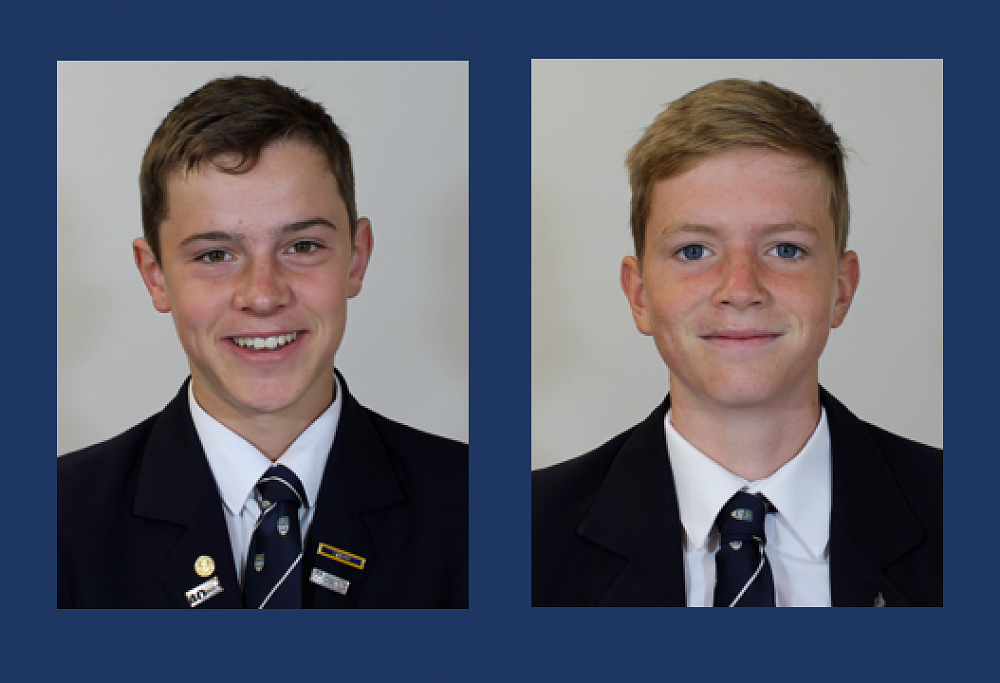
Michael and Luke Attend CHOGM
On Monday the 18th of August, Michael Crosson and I attended the Student Commonwealth Heads of Government Meeting run by Commonwealth Youth New Zealand.
Typically held at Parliament in Wellington, this year’s conference took a very different shape due to COVID-19 alert level restrictions. Conducted via Zoom for the first time in the event’s history, we were treated to speeches from a global perspective with notable keynote speakers such as Sir Anand Satanyand and Carl Wilkens.
Throughout the plenary debate sessions, we were tasked with becoming a delegate for one of the fifty-four nations of the Commonwealth. Michael represented the nation of Belize whilst I represented the Republic of Namibia. We were treated to a day of challenging debate and grappling the difficulty of coming to a compromise in order to pass resolutions. Plenary sessions ranged from issues of economic resilience to climate change and were looked at through the lens of both the ongoing pandemic and the refugee crisis.
We both had fascinating debates around multiple issues during the conference and were particularly proud of the resolutions we were able to pass on the day. Belize was at the forefront of the push to increase funding for conservation efforts throughout the Commonwealth and Namibia was able to pass resolutions encouraging the opening of bilateral discussions regarding historical human rights abuses along with setting ambitious new targets to combat malaria infection.
The malaria response resolution was particularly notable due to the curious nature of its passing. It was frustratingly tabled after a straw poll revealed Mauritius’ opposition to the resolution upon the grounds of being “too ambitious and not directly addressing the issue of sea-level rise” – an issue which we were clearly not attempting to address at that time! However, the resolution was re-proposed jointly by Belize and Namibia with the only modification being the year at which the new targets would be met – 2037 – rather than the initially proposed 2035. The aptly named Malaria Response – Take Two (Years) passed unanimously showing that compromise with an element of careful manipulation is perhaps the greatest tool in the modern climate of foreign affairs!
Whilst it was not the spectacle with illustrious banquet dinners like previous SCHOGMs, this was certainly an opportunity in which Michael and I were both very privileged to have participated in. From keynote speakers to values workshops and of course the plenaries themselves, it was a very memorable day despite being staged behind screens instead of on the open Parliamentary floors. A very special thanks to Mr. Dadley and staff who facilitated the conference from the Dunedin end – the effort made to aid Michael and my participation was invaluable!
